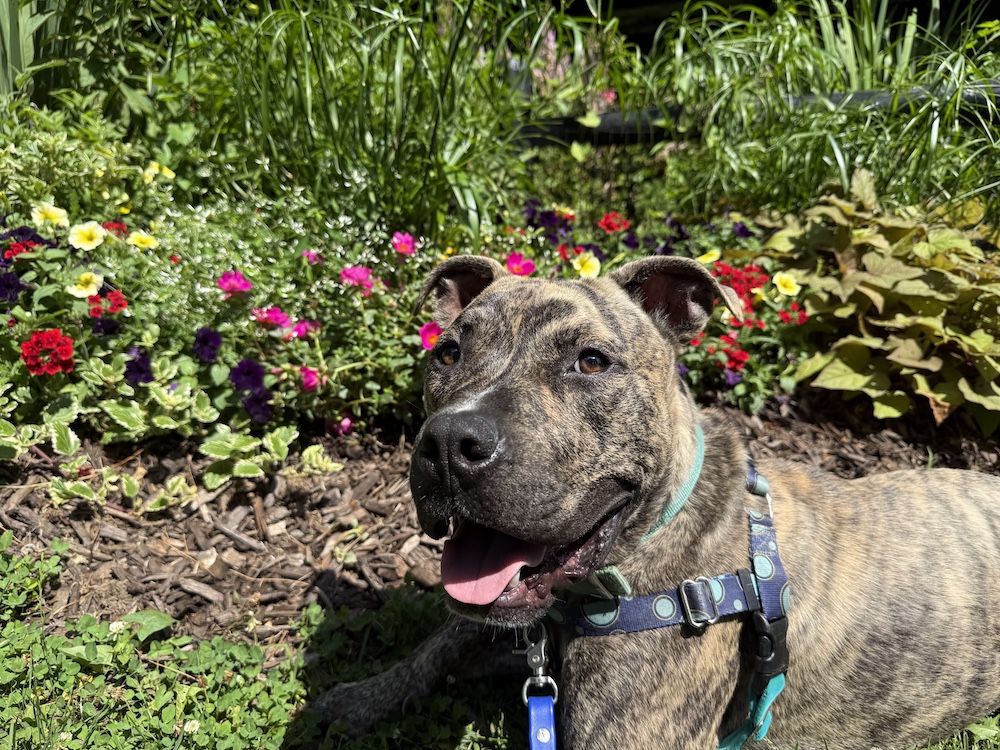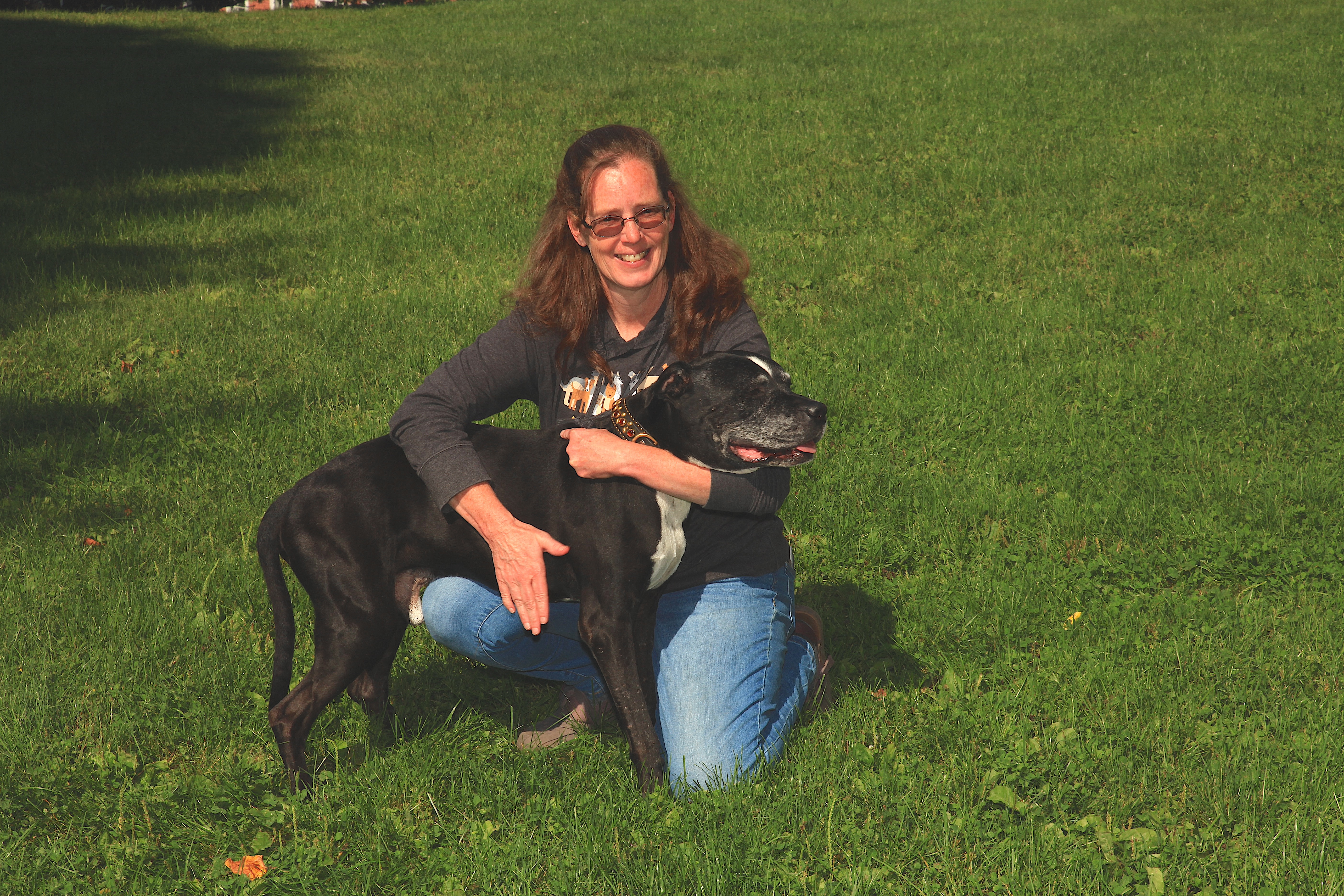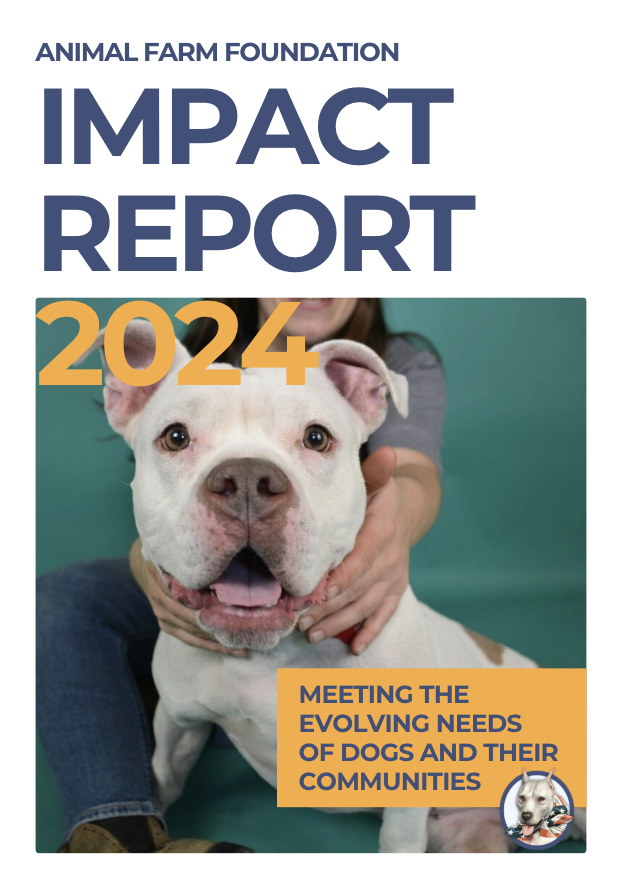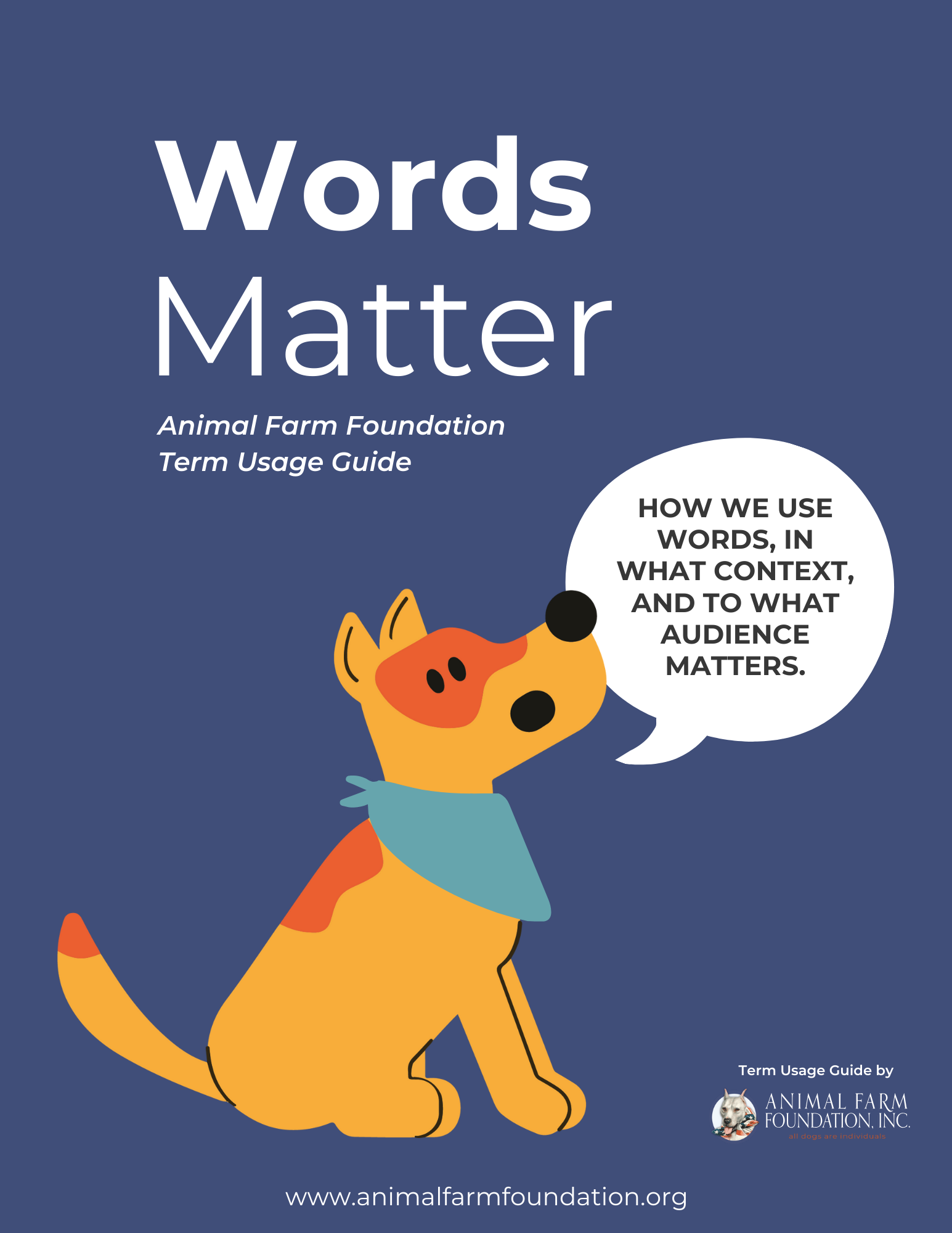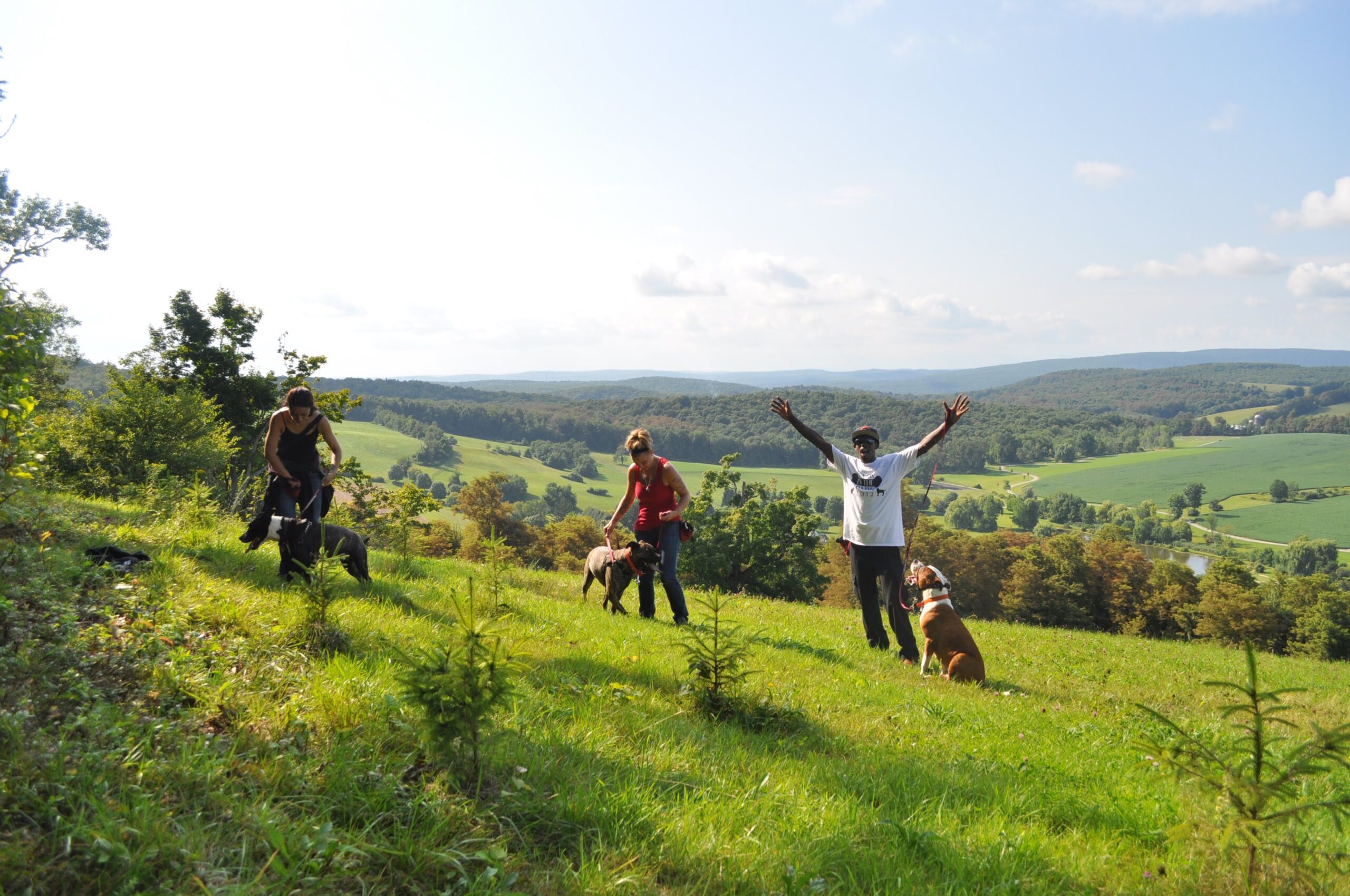Guest post written by Stephanie Filer, Manager of Special Gifts & Partnerships, Animal Rescue League of Iowa.
The other day I received a call from a city councilperson in Randall, IA who needed our help. They were reviewing their city ordinances and she knew about our work to help cities strengthen their dog ordinances, so she reached out. Specifically, she wanted to remove some 10+ breeds from their banned list and instead, strengthen the enforcement for dogs of all breeds.
These are my favorite calls to answer.
Even better yet – this is the new norm for us.
Since 2011 we have worked with cities across Iowa to reject or repeal discriminatory dog ordinances by sharing a better way to accomplish what we all want: enhanced public safety within pet-friendly communities.
Until I moved to Des Moines a year prior, I had never even heard of dogs being regulated by breed label – or more accurately, dog owners being unfairly targeted because of what their dog looks like. As many groups do, we first began with a marketing approach (which evolved over time) to change the perceptions that years of breed regulations – and some animal advocates with good intentions, but ultimately harmful approaches – had created.
That turned into advocacy when dog owners began reaching out for help. In the beginning we would contact cities to offer our help, but now we get so many requests that we no longer make those “outbound” calls, since we are so busy helping those who contact us.
Iowa ranks 49th in animal welfare laws, according to the Animal Legal Defense Fund’s latest annual scoring. Additionally, we have historically been the 2nd or 3rd worst state for puppy mills and the 2nd worst state for breed restrictions or bans, but even within this difficult climate, we continue to see success for one simple reason.
We all want the same things: public safety and equal treatment of pet owners.
It’s my job to show city leaders how we can accomplish that, together.
We do this through a number of steps:
1) Sharing a model ordinance that was created in cooperation by animal control officers, dog trainers, animal shelter leaders, and city officials in Iowa. This ordinance can be modified based on a city’s resources and specific goals and has been replicated to demonstrate success, time after time. The ordinance addresses potentially dangerous behaviors before they escalate to an incident and provides dog owners solutions to remedy problem behaviors before anyone is hurt.
2) Sharing ordinances of cities of similar size that we have helped so that they can see that the ordinance is scalable. For example, here are ordinances from Altoona and Chariton.
3) Offering to be a resource throughout the journey, including presenting to city council meetings and local civic groups.
4) Explaining why a breed neutral approach is proven to be the most successful (this includes sharing Animal Farm Foundations infographic on the dog genome, local stories of significant dog bites that were from all breeds/mixes and how those could have been prevented, and a brief list of the national industry experts that support breed neutral ordinances).
The order of this approach is intentional. We are not just trying to remove breed bans and regulations. We truly want to help create safer communities and strengthen the human-animal bond (our mission) through pet-friendly communities – it just happens to be that regulating based on an animal’s behavior is far more effective than attempting to regulate by an animal’s appearance or breed label. Because we are sincere in these motives, city leaders are able to trust that we are working toward the same goal.
While we have come so far in the past five years, there is also a lot of work to be done, including the big one: our state capitol, our biggest city in the state, and where I now live with my dog who is visually identified as a “pit bull” (and therefore discriminated against): Des Moines.
Des Moines is the city that started this domino effect of BSL across the state in the 80s. It is a city that prides itself on being named in the top lists of places to live, places to raise a family, grow a business, etc. It is also a city with a complex political scene that makes the process of meaningful change, a slow-moving ship at times.
And because of this, the work we are doing in Des Moines remains behind the scenes for now, but in the near future we’ll be able to talk more about it. Because soon, Des Moines will be the next community that we move over to the pet-friendly column. And we know that when this happens, the domino effect will again move across the state, undoing the fear-based regulations that were created decades ago.
In the end, we all want the same thing. We want pet-friendly communities and we want enhanced public safety.
And as for Randall, IA, I woke up to this email the morning after their city council meeting, “We were able to delete the list of breeds from the ordinance! Thank you for your help and information. That is all we changed yesterday regarding our dangerous dog ordinance but that was my main goal. Thanks again!”
 Stephanie Filer is the Manager of Special Gifts & Partnerships, overseeing the fundraising and marketing team for the Animal Rescue League of Iowa – the state’s largest animal shelter. In addition to her love for animals, she shares a passion for helping people through volunteering for the local homeless youth shelter and serving as a mentor to kids in need.
Stephanie Filer is the Manager of Special Gifts & Partnerships, overseeing the fundraising and marketing team for the Animal Rescue League of Iowa – the state’s largest animal shelter. In addition to her love for animals, she shares a passion for helping people through volunteering for the local homeless youth shelter and serving as a mentor to kids in need.


